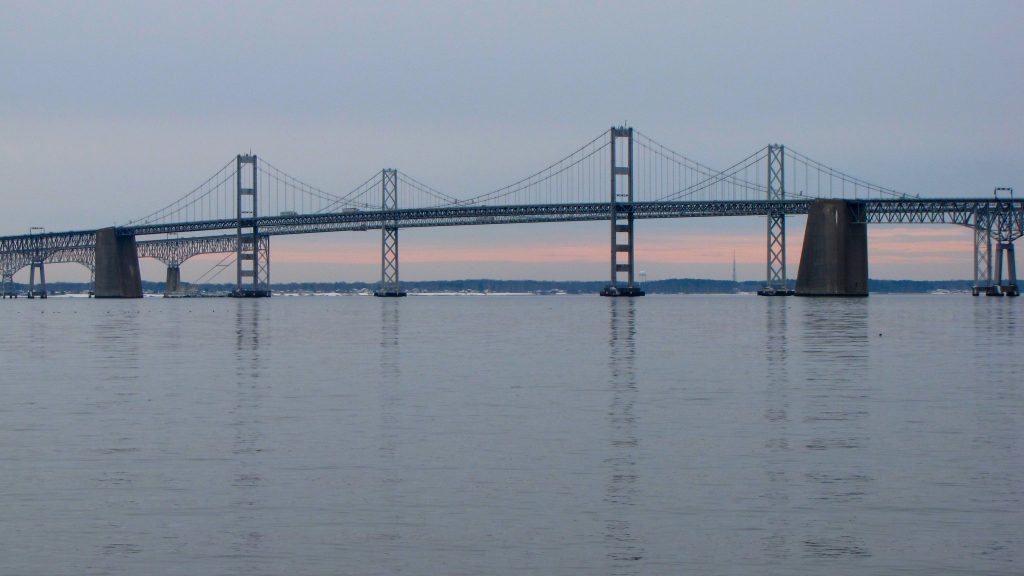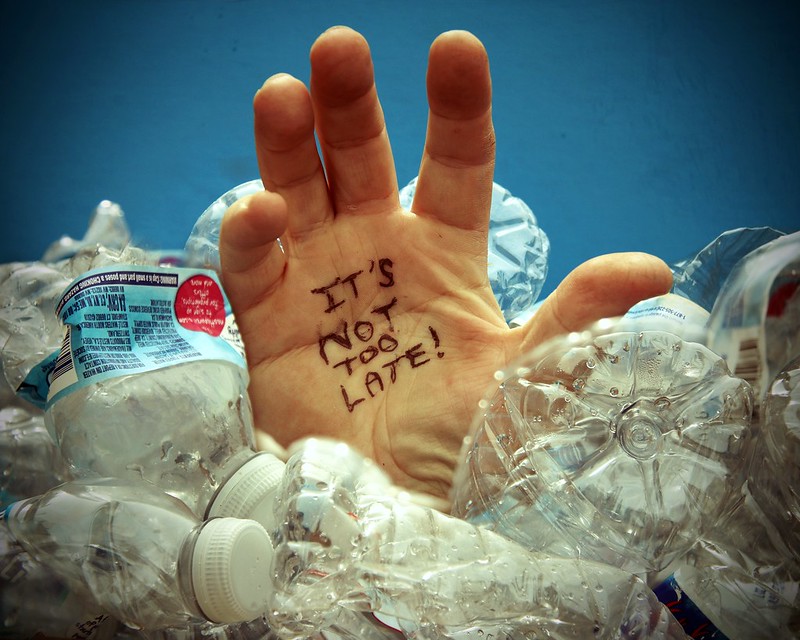Humans have a significant impact on the environment, and it’s something we can’t ignore. As our population grows and cities expand, we often encroach on natural spaces like forests and wetlands to make room for homes, roads, and businesses. This not only leads to the destruction of habitats but also threatens countless species. When we replace green spaces with concrete, we not only lose biodiversity but also restrict our access to clean air and water—two things that are essential for our survival.
Our consumer habits also play a significant role in environmental degradation. With the push for constant new products—whether it’s the latest tech, fashion, or even fast food—factories are working overtime, often with little regard for their environmental footprint. This mass production frequently results in pollution that harms air quality and contaminates water sources. Plus, our increasing reliance on single-use plastics has turned into a major problem, contributing to pollution in our oceans and affecting marine life. Every time we make a purchase, we’re essentially voting for how the environment is treated, which is something to think about. Despite these challenges, there is hope. A growing number of people—especially teens—are becoming more aware of environmental issues and advocating for change. Many are embracing sustainable practices, like reducing waste, recycling, and supporting renewable energy. Students are even organizing movements to encourage their schools and communities to take action. If we continue to prioritize the health of our planet and make conscious choices, we can help create a more sustainable future for everyone.
Related Stories:
https://ugc.berkeley.edu/background-content/population-growth/
https://greenerideal.com/news/environment/overpopulation-environmental-impact/
https://www.populationmedia.org/the-latest/the-harm-of-overpopulation-and-overconsumption
Taking Action:
https://www.populationmedia.org/the-latest/overpopulation-cause-and-effect
https://mahb.stanford.edu/library-item/solutions-overpopulation-can/





